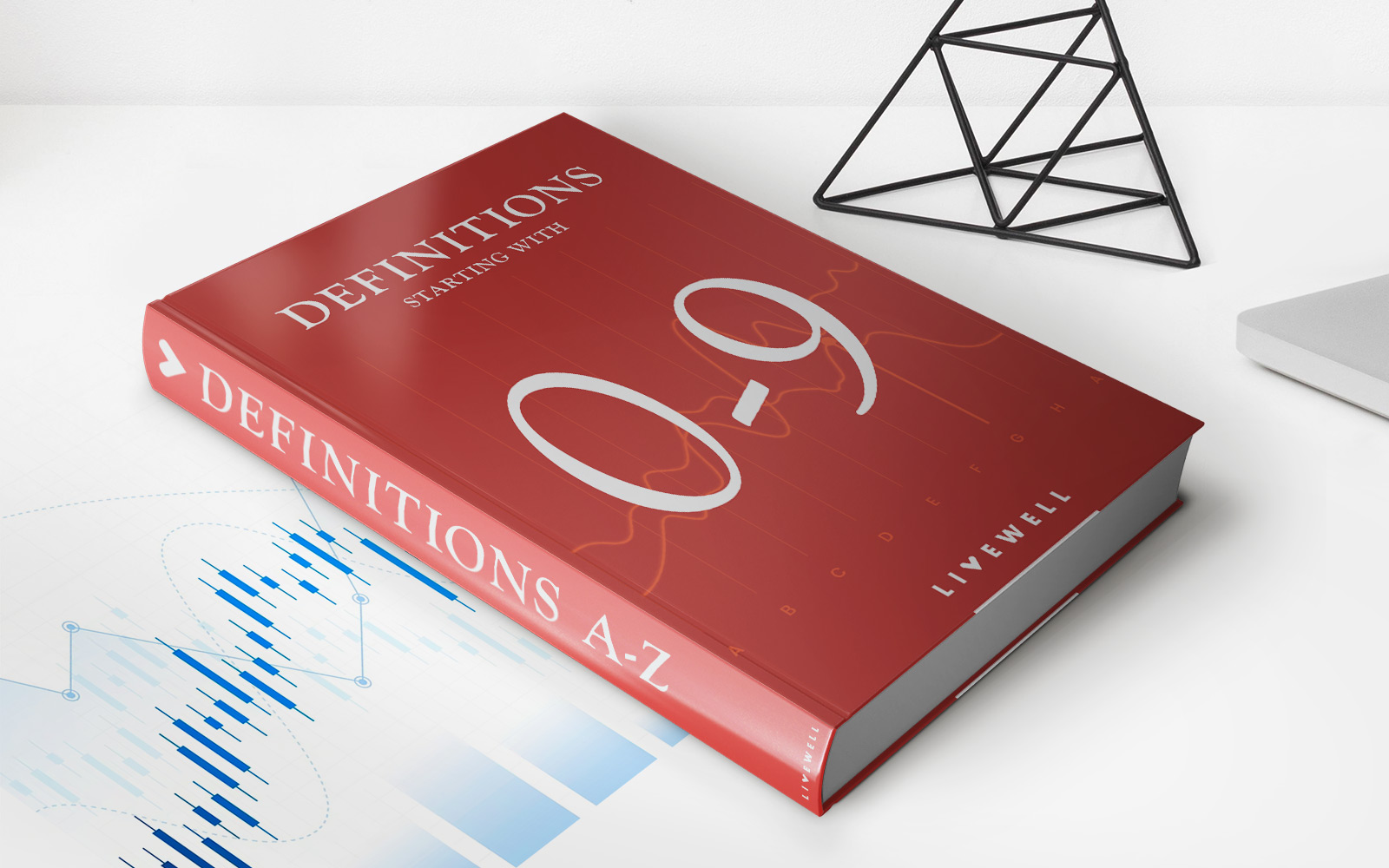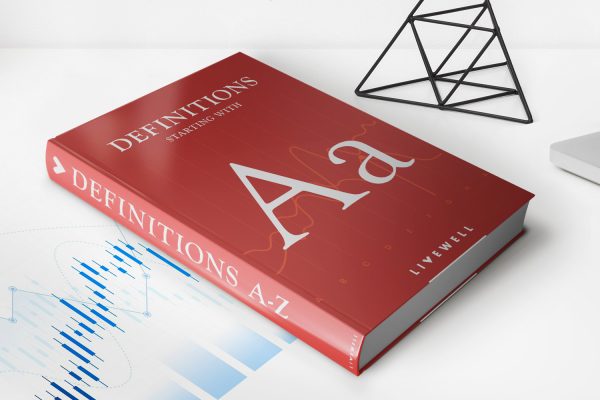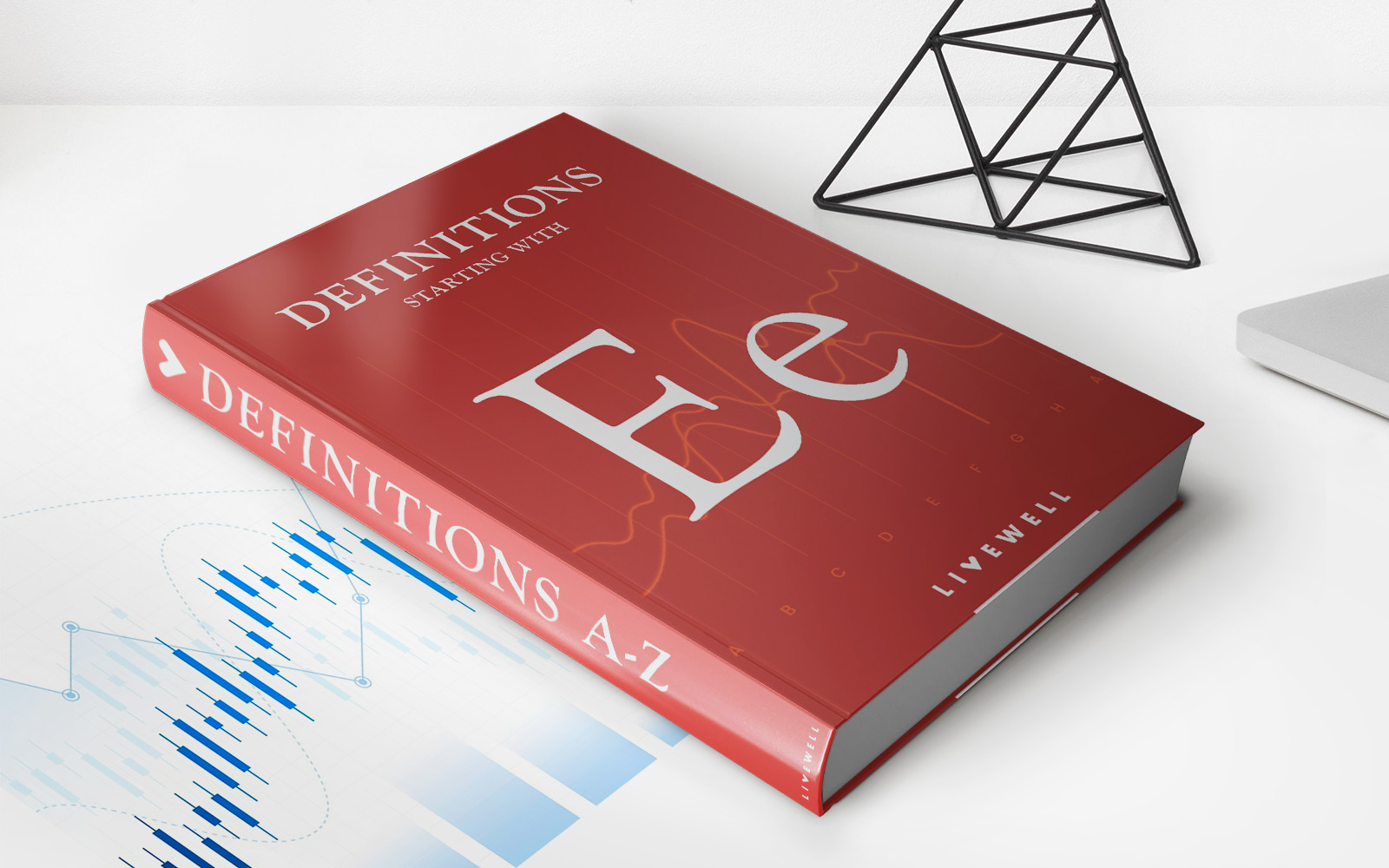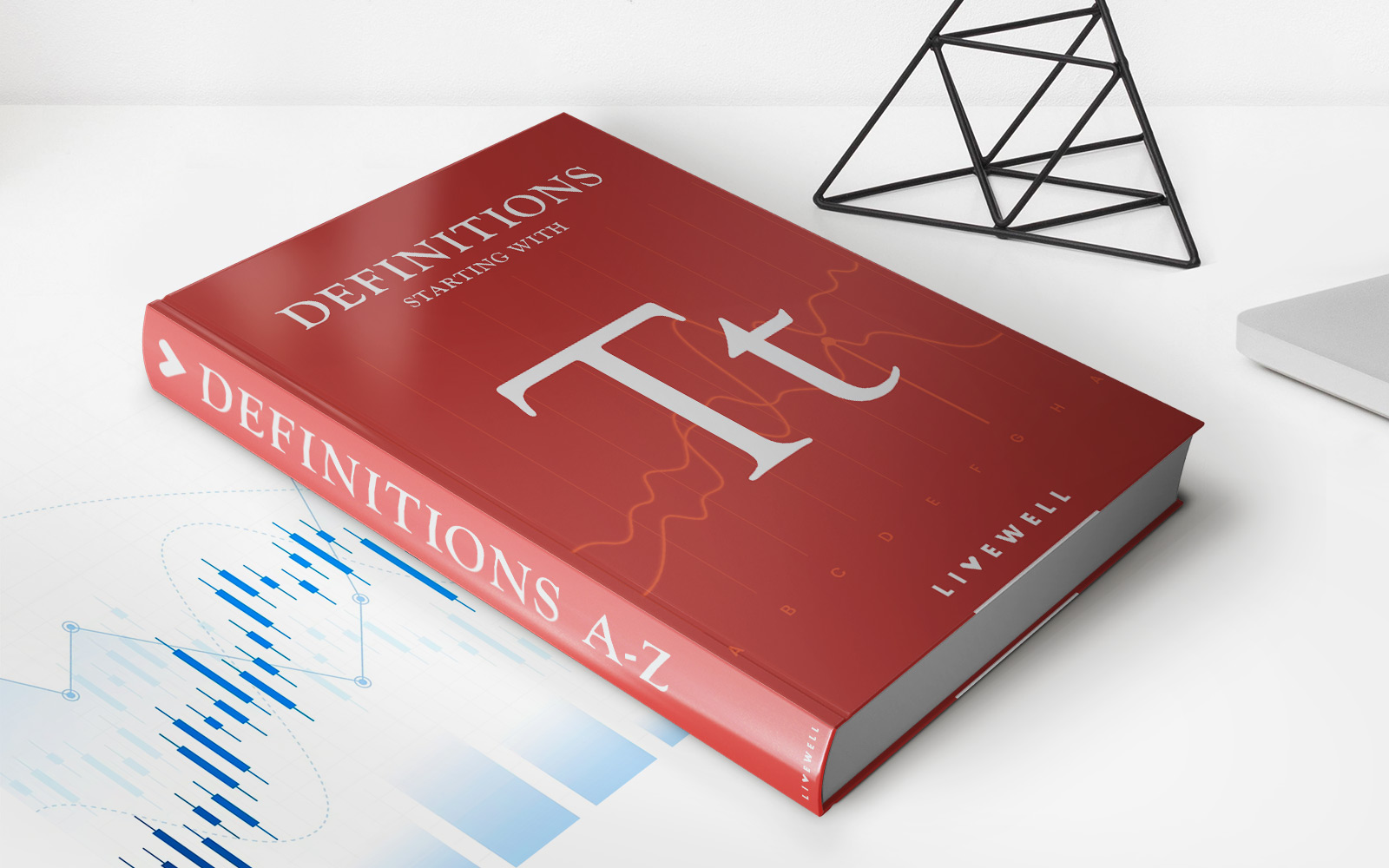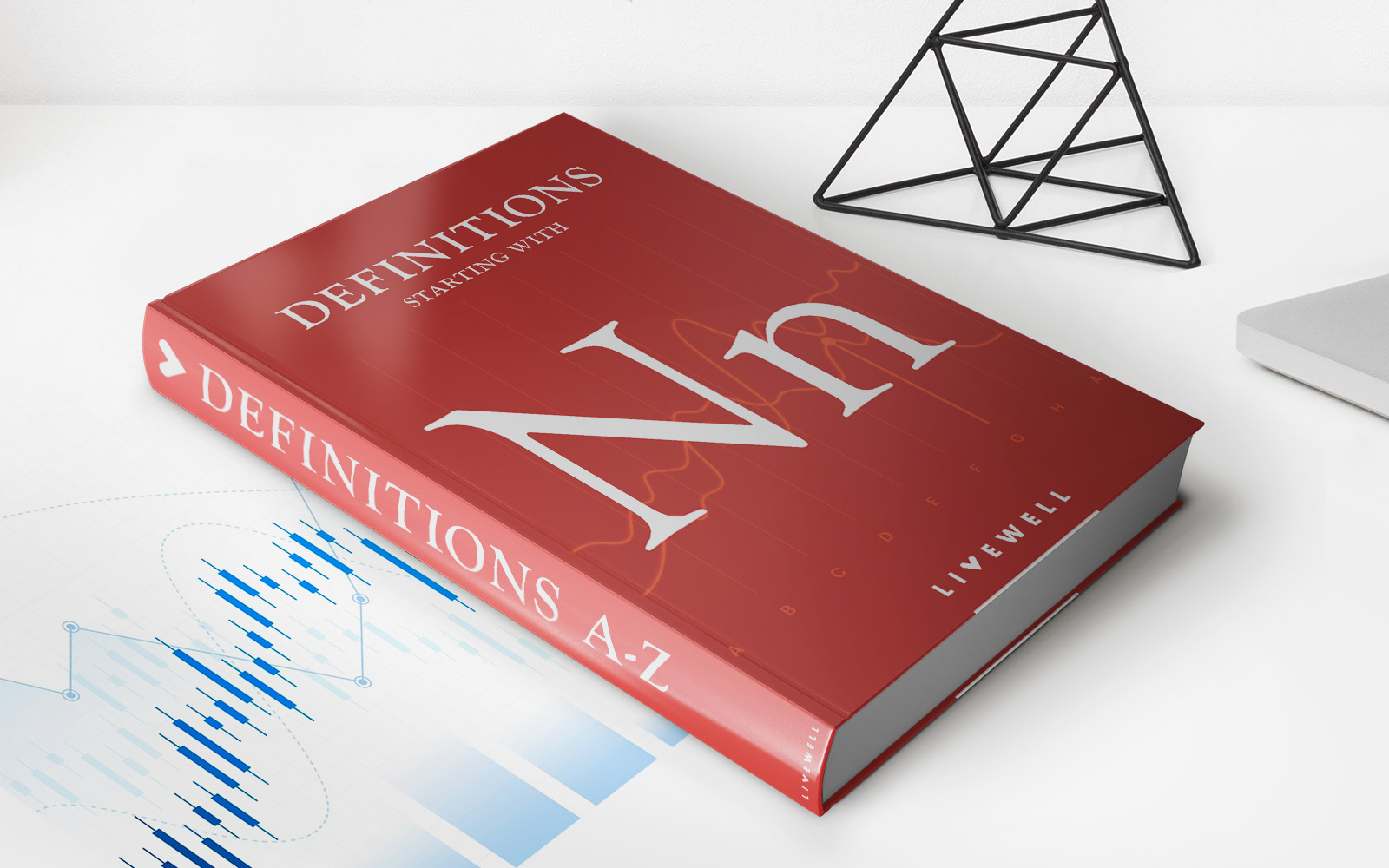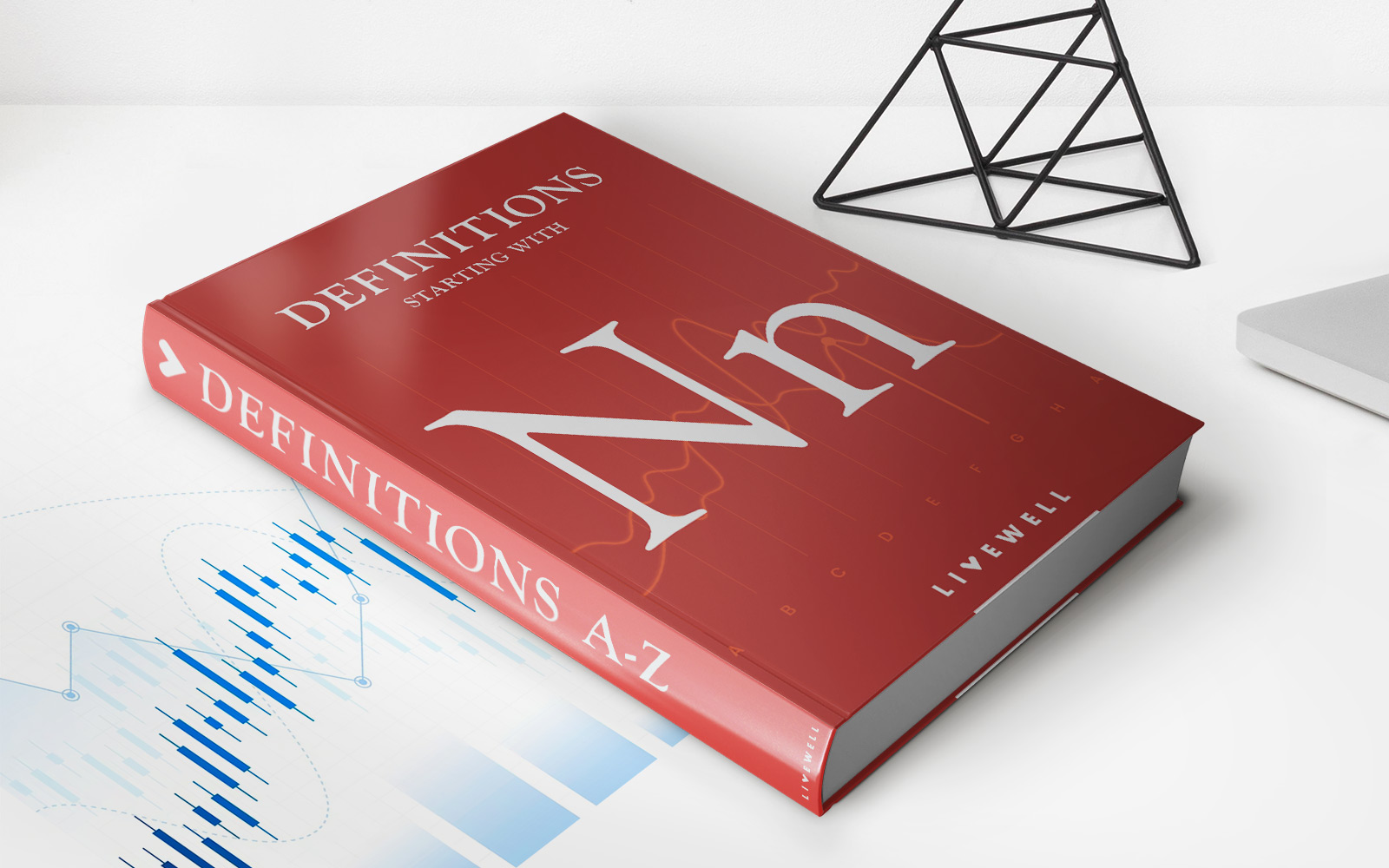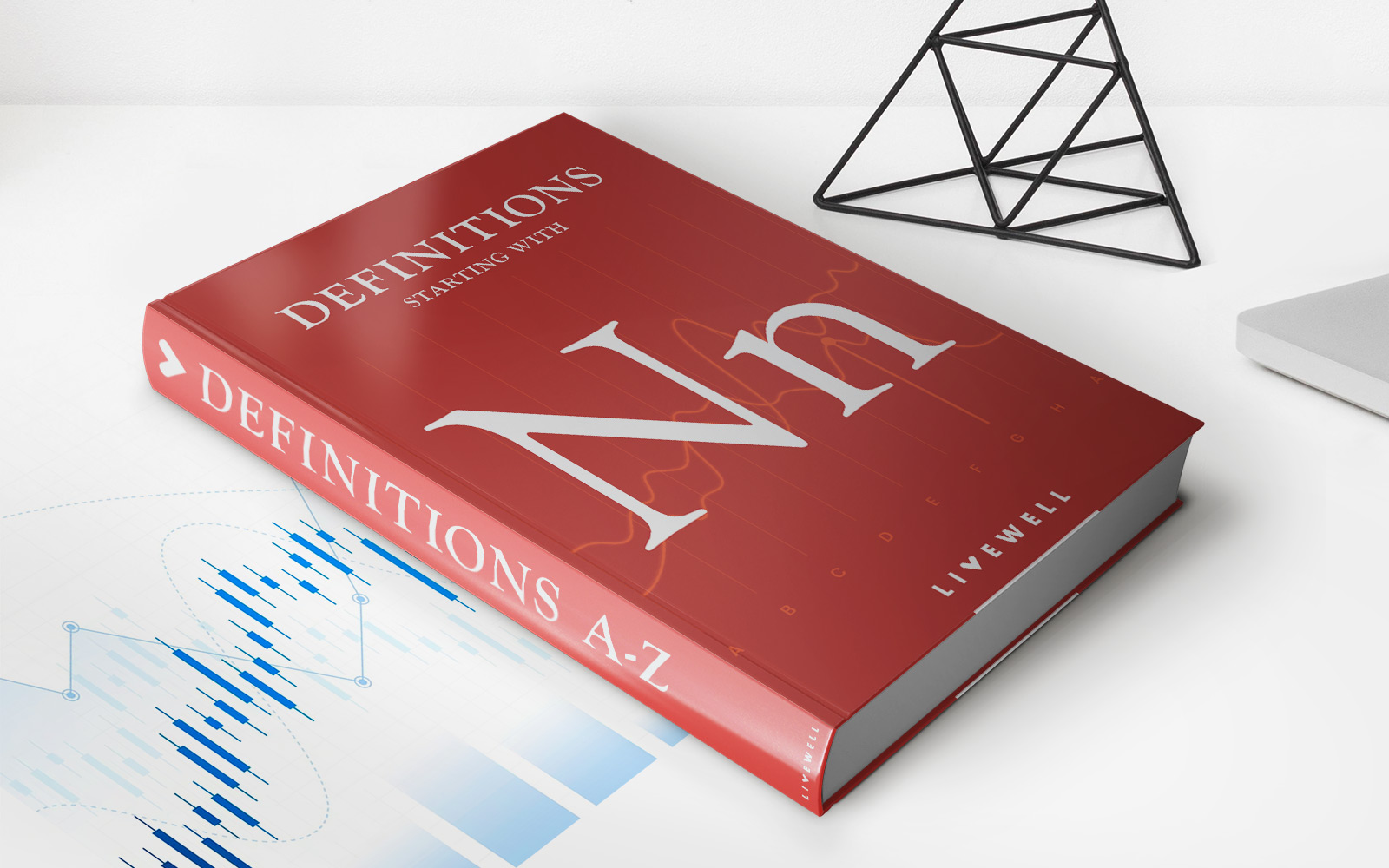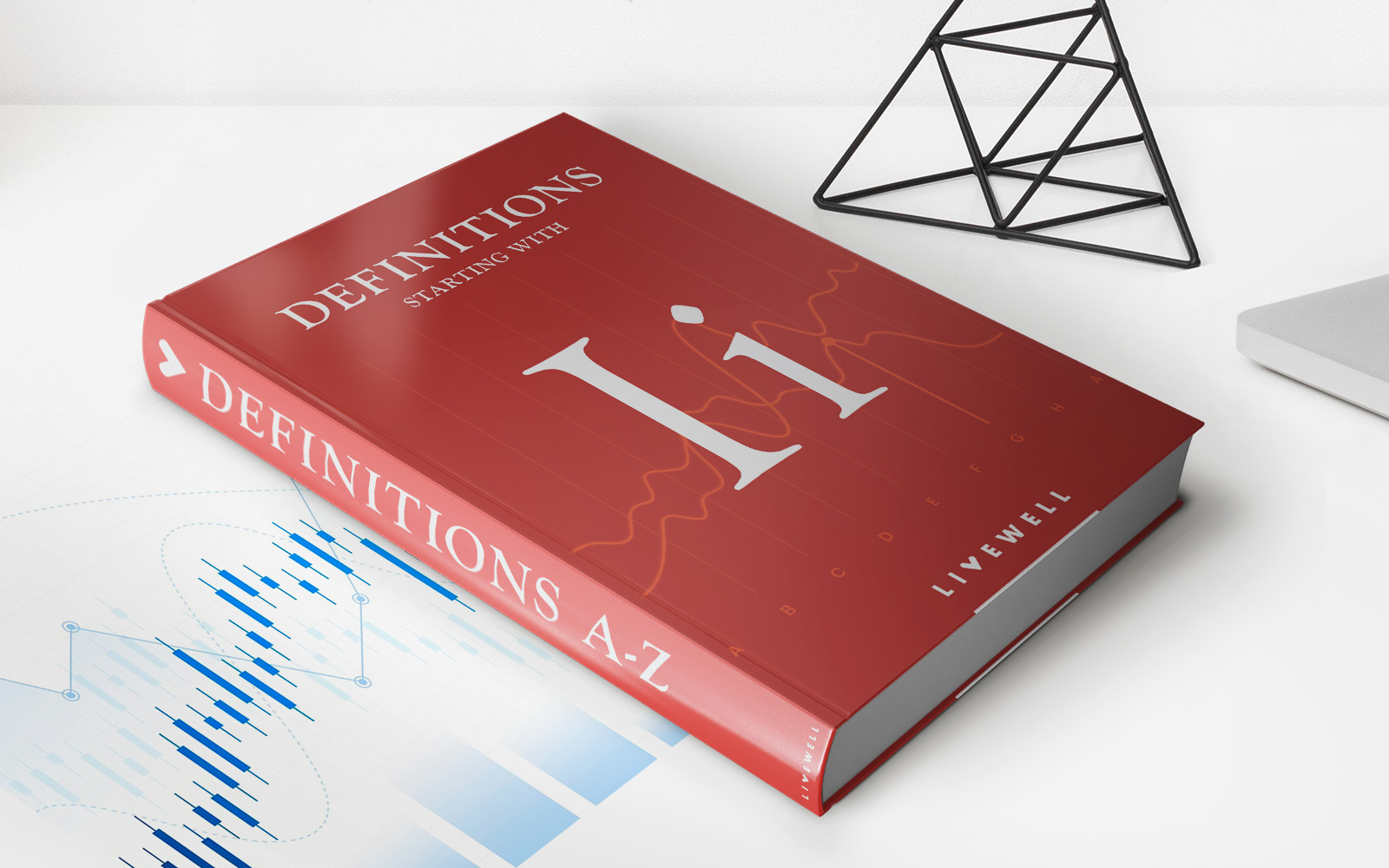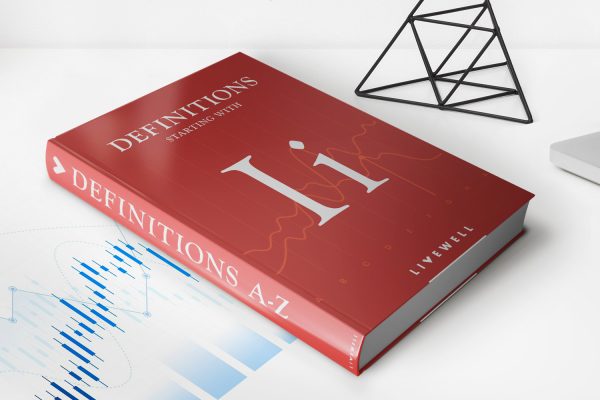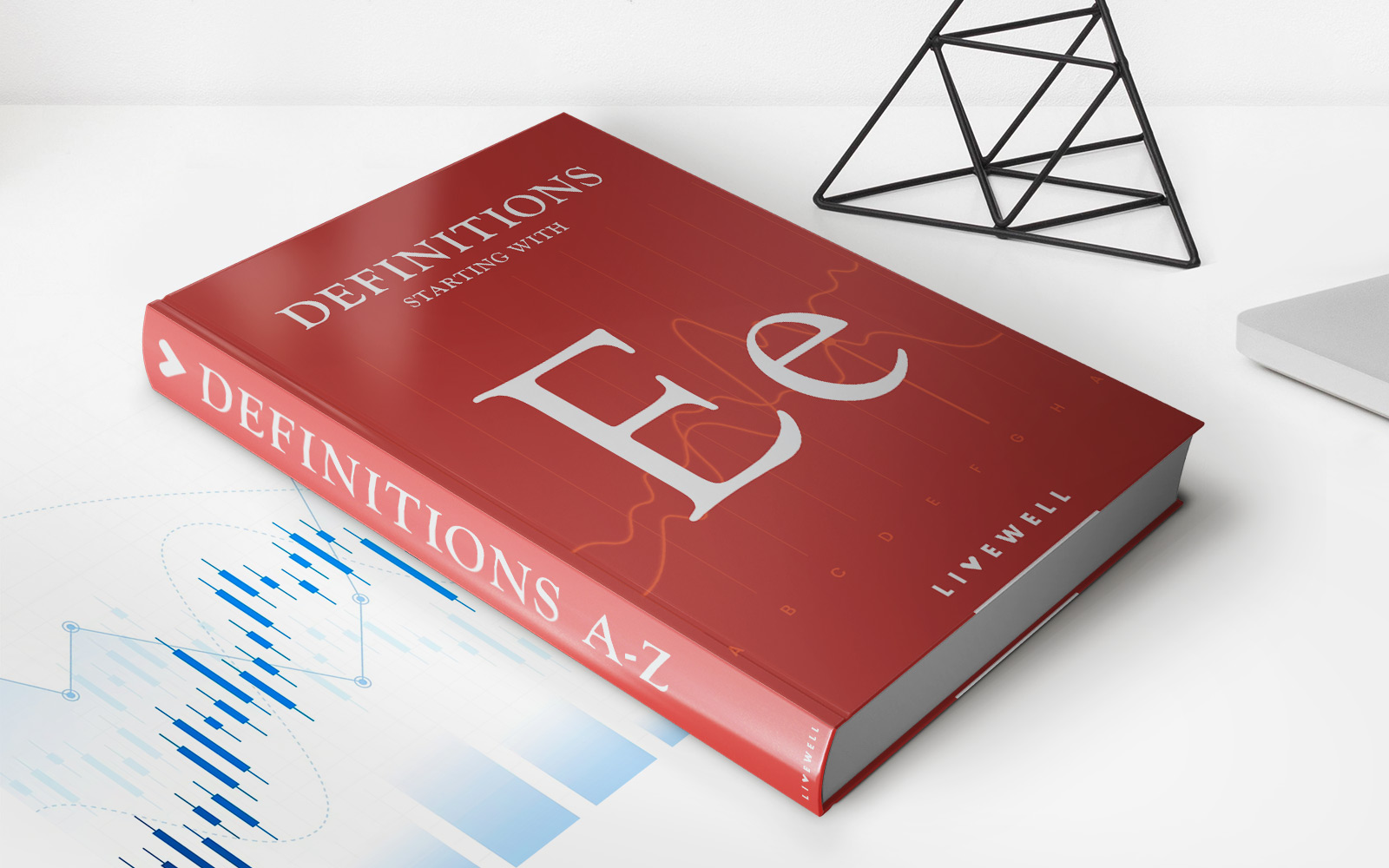Home>Finance>Inherited IRA: Definition And Tax Rules For Spouses And Non-Spouses
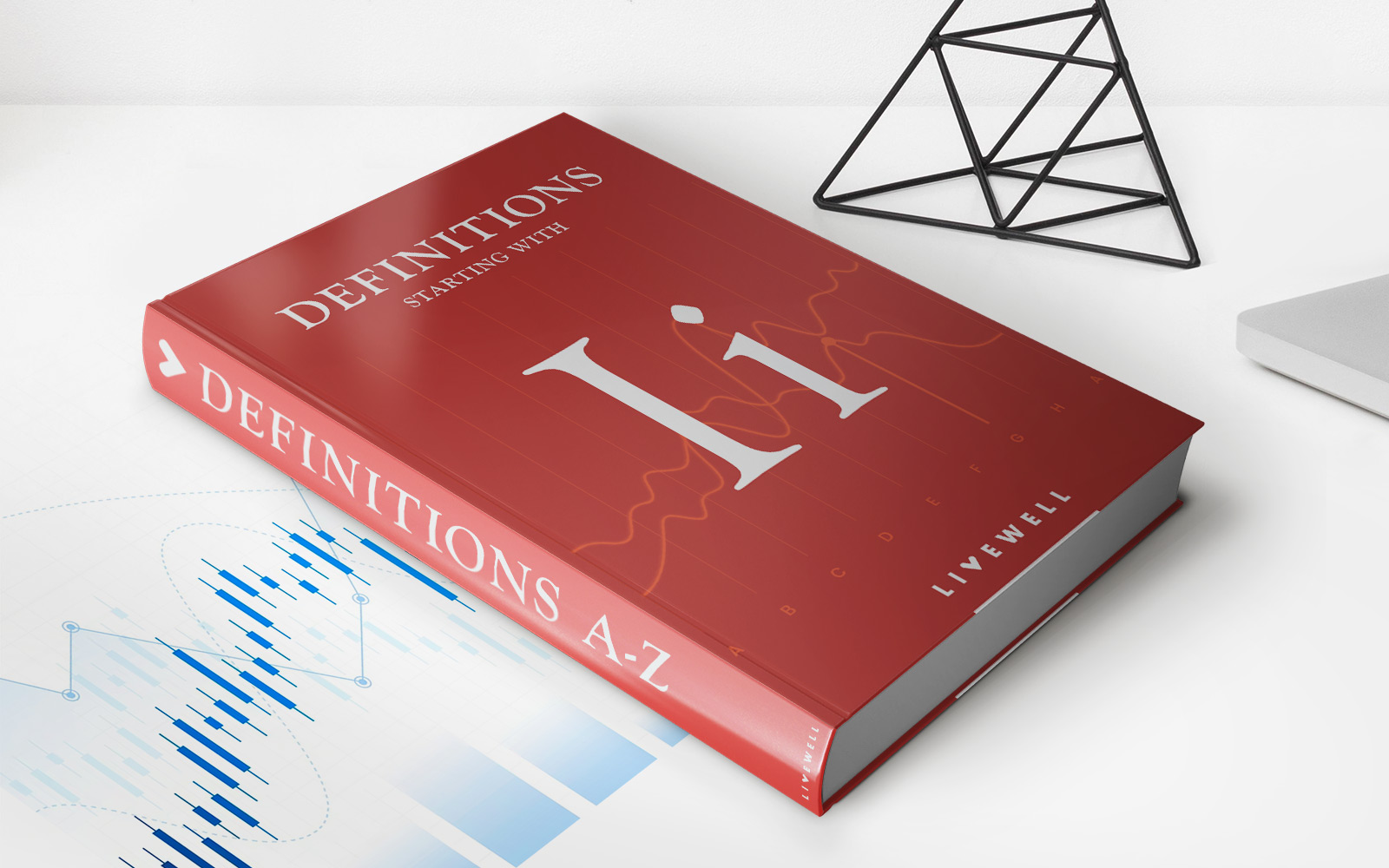

Finance
Inherited IRA: Definition And Tax Rules For Spouses And Non-Spouses
Published: December 9, 2023
Learn about the definition and tax rules of Inherited IRA for spouses and non-spouses. Discover essential finance insights on FINANCE.
(Many of the links in this article redirect to a specific reviewed product. Your purchase of these products through affiliate links helps to generate commission for LiveWell, at no extra cost. Learn more)
Inherited IRA: Definition and Tax Rules for Spouses and Non-Spouses
When it comes to planning for your financial future, it’s important to understand the different types of retirement accounts available to you. One such account is an Inherited IRA, which can be a valuable asset for both spouses and non-spouses who receive it. In this blog post, we will provide a comprehensive overview of what an Inherited IRA is, the tax rules associated with it, and how it can impact your financial situation.
Key Takeaways:
- An Inherited IRA is an account that is passed down to a beneficiary after the original account holder’s death.
- Spouses who inherit an IRA have more flexibility in terms of withdrawal options and can choose to treat the account as their own.
What is an Inherited IRA?
An Inherited IRA is an individual retirement account that is passed down to a beneficiary after the original account holder’s death. This type of account allows the beneficiary to continue to grow the funds within the IRA and provides certain tax advantages compared to other types of transfers. However, it is important to understand the specific rules and regulations that apply to Inherited IRAs to ensure compliance and maximize the account’s potential benefits.
Tax Rules for Spouses
Spouses who inherit an IRA have more flexibility compared to non-spouse beneficiaries. They have the option to treat the Inherited IRA as their own by rolling it over into their existing IRA or by establishing a new account in their name. By doing so, the spouse can delay required minimum distributions until they reach the age of 72, allowing the funds to continue growing tax-deferred. However, if the spouse decides to take distributions, they will be subject to ordinary income tax rates.
Alternatively, spouses can choose to treat the Inherited IRA as a beneficiary IRA. In this case, they will need to take required minimum distributions based on their own life expectancy or the original account holder’s, whichever is longer.
Tax Rules for Non-Spouses
Non-spouse beneficiaries, such as children or siblings, have different tax rules when it comes to Inherited IRAs. They cannot roll over the funds into their own IRA and are required to take distributions from the account. The distribution schedule depends on whether the original account holder had started taking required minimum distributions or not.
If the account holder had not yet reached the age of 72 and had not started taking distributions, non-spouse beneficiaries must withdraw the entire balance within 10 years of the death of the account holder. These distributions are subject to ordinary income tax rates.
On the other hand, if the account holder had started taking required minimum distributions, the non-spouse beneficiary is required to take distributions based on their own life expectancy or the remaining life expectancy of the deceased account holder, whichever is longer.
Conclusion
An Inherited IRA can be a valuable financial asset for both spouses and non-spouses who receive it. While spouses have more flexibility in terms of withdrawal options, non-spouse beneficiaries need to adhere to specific tax rules. It is crucial to consult with a financial advisor or tax professional to fully understand the implications and make informed decisions regarding an Inherited IRA.
By being aware of the tax rules and regulations surrounding Inherited IRAs, you can effectively manage and maximize the benefits of this retirement account, ensuring a secure financial future for yourself and your loved ones.
